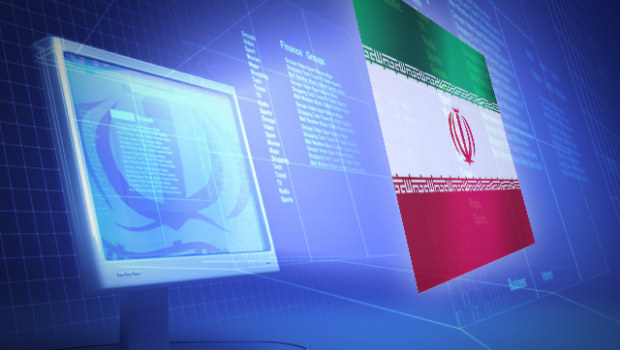
From Nicole Perlroth and Quentin Hardy, New York Times: The attackers hit one American bank after the next. As in so many previous attacks, dozens of online banking sites slowed, hiccupped or ground to a halt before recovering several minutes later.
But there was something disturbingly different about the wave of online attacks on American banks in recent weeks. Security researchers say that instead of exploiting individual computers, the attackers engineered networks of computers in data centers, transforming the online equivalent of a few yapping Chihuahuas into a pack of fire-breathing Godzillas.
The skill required to carry out attacks on this scale has convinced United States government officials and security researchers that they are the work of Iran, most likely in retaliation for economic sanctions and online attacks by the United States.
“There is no doubt within the U.S. government that Iran is behind these attacks,” said James A. Lewis, a former official in the State and Commerce Departments and a computer security expert at the Center for Strategic and International Studies in Washington.
Mr. Lewis said the amount of traffic flooding American banking sites was “multiple times” the amount that Russia directed at Estonia in a monthlong online assault in 2007 that nearly crippled the Baltic nation.
American officials have not offered any technical evidence to back up their claims, but computer security experts say the recent attacks showed a level of sophistication far beyond that of amateur hackers. Also, the hackers chose to pursue disruption, not money: another earmark of state-sponsored attacks, the experts said.
“The scale, the scope and the effectiveness of these attacks have been unprecedented,” said Carl Herberger, vice president of security solutions at Radware, a security firm that has been investigating the attacks on behalf of banks and cloud service providers. “There have never been this many financial institutions under this much duress.”
Since September, intruders have caused major disruptions to the online banking sites of Bank of America, Citigroup, Wells Fargo, U.S. Bancorp, PNC, Capital One, Fifth Third Bank, BB&T and HSBC. . . .
A hacker group calling itself Izz ad-Din al-Qassam Cyber Fighters has claimed in online posts that it was responsible for the attacks.
The group said it attacked the banks in retaliation for an anti-Islam video that mocked the Prophet Muhammad, and pledged to continue its campaign until the video was scrubbed from the Internet. It called the campaign Operation Ababil, a reference to a story in the Koran in which Allah sends swallows to defeat an army of elephants dispatched by the king of Yemen to attack Mecca in A.D. 571.
But American intelligence officials say the group is actually a cover for Iran. They claim Iran is waging the attacks in retaliation for Western economic sanctions and for a series of cyberattacks on its own systems. In the last three years, three sophisticated computer viruses — called Flame, Duqu and Stuxnet — have hit computers in Iran. The New York Times reported last year that the United States, together with Israel, was responsible for Stuxnet, the virus used to destroy centrifuges in an Iranian nuclear facility in 2010.
“It’s a bit of a grudge match,” said Mr. Lewis of the Center for Strategic and International Studies. (graphic: CBS News)
Image: cbs%201%209%2013%20Iran.jpg
